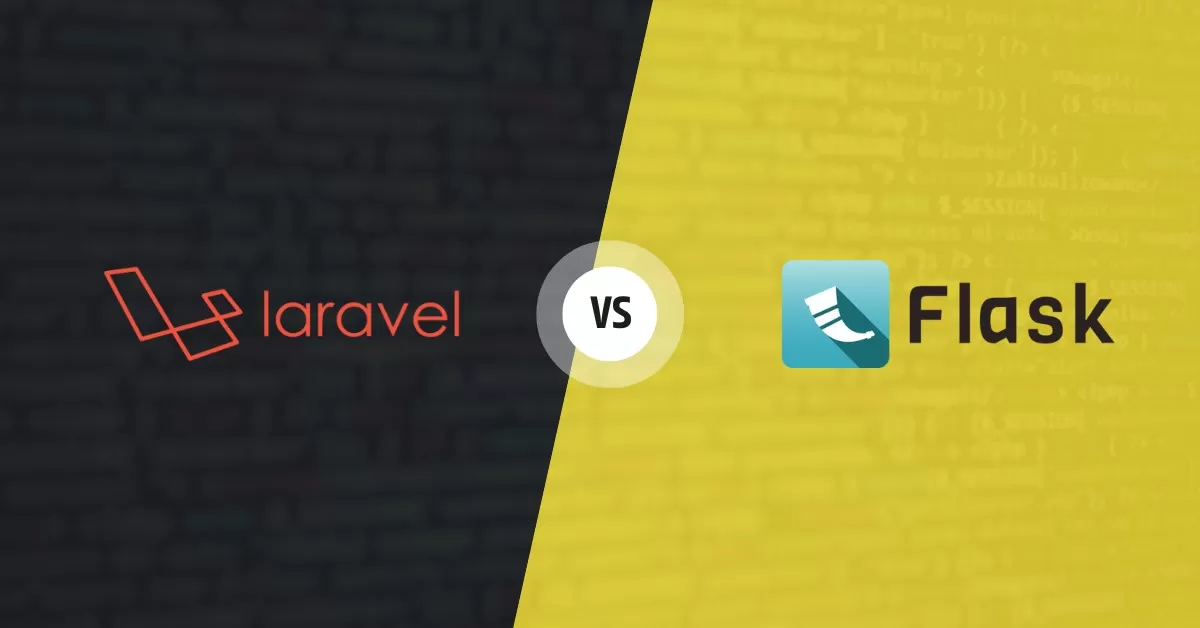Strategic DevOps Tools to Accelerate Your Software Development Process

4 min read | By Postpublisher P | 12 October 2023 | Technology
DevOps job roles have become increasingly popular in recent years. Its various advantages including enhanced automation, stability, operational environments, and many more are the leading factors contributing to its enormous growth.
DevOps tools empower development and QA teams to enhance the development lifecycle comprising efficient features that help deploy software faster in the production environment.
In this blog, we will discuss the best DevOps tools that you must implement to achieve your goals.
Jira
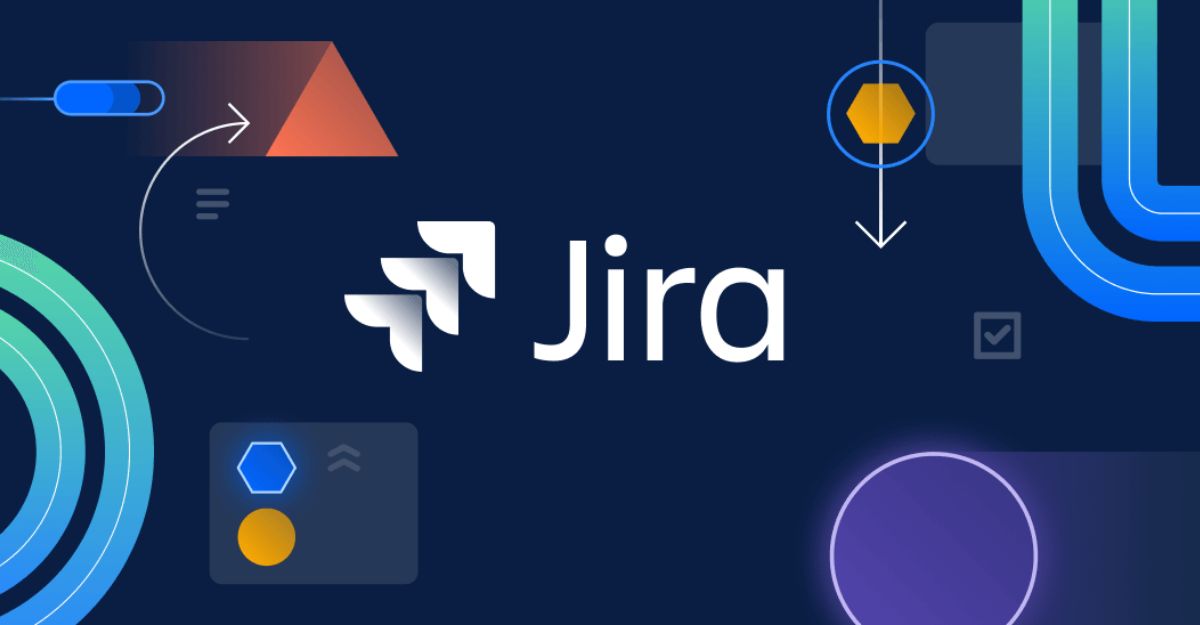
Jira is considered one of the sophisticated DevOps tools that helps in project management, issue tracking, and agile development. DevOps teams can easily customise projects to match their specific needs.
Jira is mainly robustly known for its tracking issues. It involves complex workflows that include testing, development, and monitoring phases.
These are some important features of Jira that you must remember.
● It provides significant road mapping features to plan long-term projects seamlessly.
● It provides Kanban and Scrum boards to manage work and users can track and alert team members about updates and changes.
● Jira also offers filtering and advanced search options to locate specific issues.
● It can be integrated with various version control systems for enhanced synchronisation.
Kubernetes
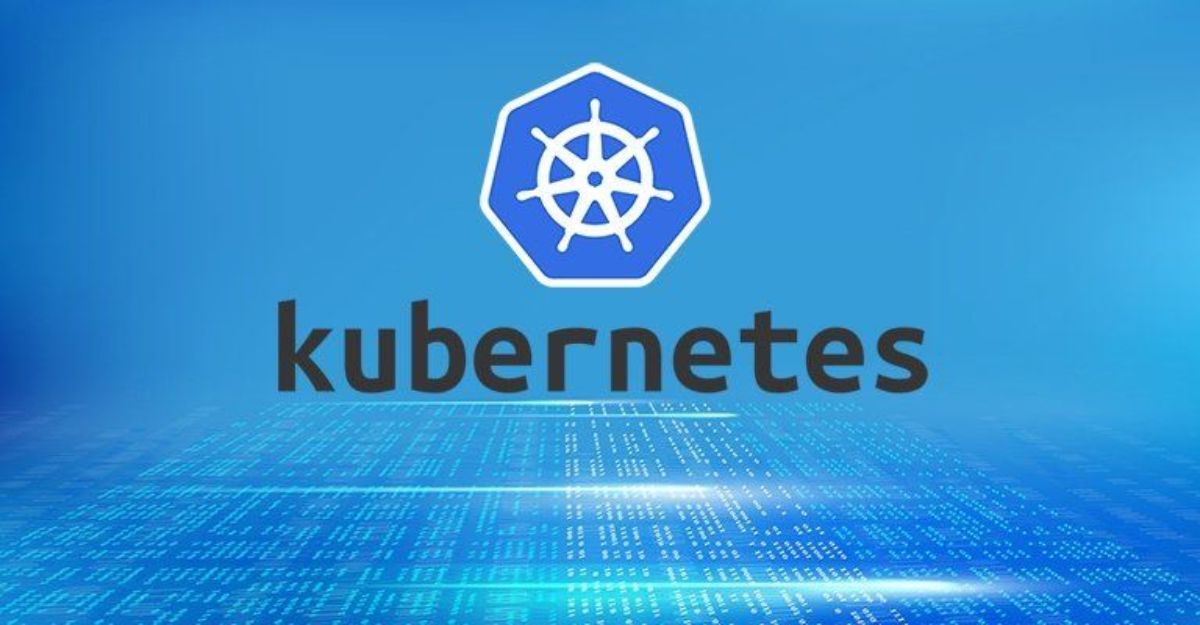
It is an orchestration tool to manage containers at a greater scale. You can run these tools for public cloud and in-house centres both. Kubernetes is Linux-based too, but you can easily upgrade your software without downtime.
Thus, it allows your team to automate the managing process of several containers, pods, clusters, and hierarchy of nodes, and many more. These are some more features of a popular DevOps tool that you must know.
● It supports rolling updates, allowing DevOps teams to update applications without downtime.
● DevOps team allows you to allocate specific CPU and memory resources to containers to prevent resource contention among applications.
● It can integrate with various logging and monitoring solutions which allow DevOps teams to analyse and collect data on the health and performance health of their applications.
Docker Build
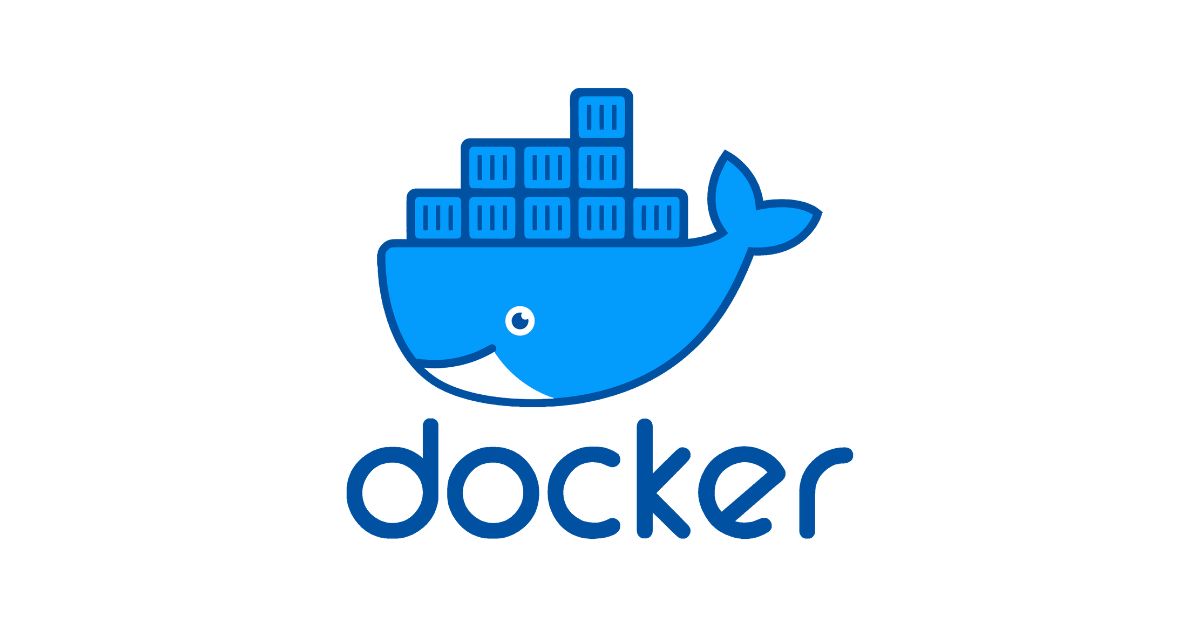
Docker provides advanced and independent agile and container security operations. It is the best DevOps tool for developing a containerized environment for mobile and web applications.
Notable features you need to know about Docker.
● Users get built-in support to utilise Docker as it is supported by AWS and Google Cloud.
● You can automate the app deployment process and streamline distribution.
● Dockers comprise containers that support virtual platforms as well.
● You can also version Docker images to make it easy to track every major and minor change and also roll back to previous versions.
● It provides amazing scalability which makes it easier for team members to move applications among different environments.
GitHub

GitHub is a well-recognized DevOps tool that is efficient for collaborative coding. Starting from receiving updates on specific development, gaining, and sharing framework, rating, and so on. GitHub allows your developers to enhance the product-building process.
Here are some of the following key features of GitHub.
● You can automate a wide range of workflows related to software development.
● It offers a sleek and straightforward solution for making changes, code review, and management.
● GitHub allows developers to communicate privately and publicly over a community to resolve issues.
● It can be integrated with popular CI tools to automate code builds, deployments, and tests.
Jenkins

Jenkins is considered an excellent automation tool which is adopted by large numbers of software testing companies. It is an open-source CI/CD platform that enables automation at different stages.
Also, Jenkins has a great number of plugin systems so you can integrate it with various DevOps tools such as Docker, Puppet, and Chef.
These are the following features of Jenkins
● It allows you to customise the CD pipeline according to your needs.
● Jenkins runs on macOS, Linux, and Windows which makes it easier to work on.
● It allows the deployment and iteration of new code at a significant speed.
● Jenkins also offers security features which include authorization and authentication, to protect sensitive data.
● It can be set up in high-availability configurations and supports parameterized builds, extensive resources, and plugins for users.
Mural
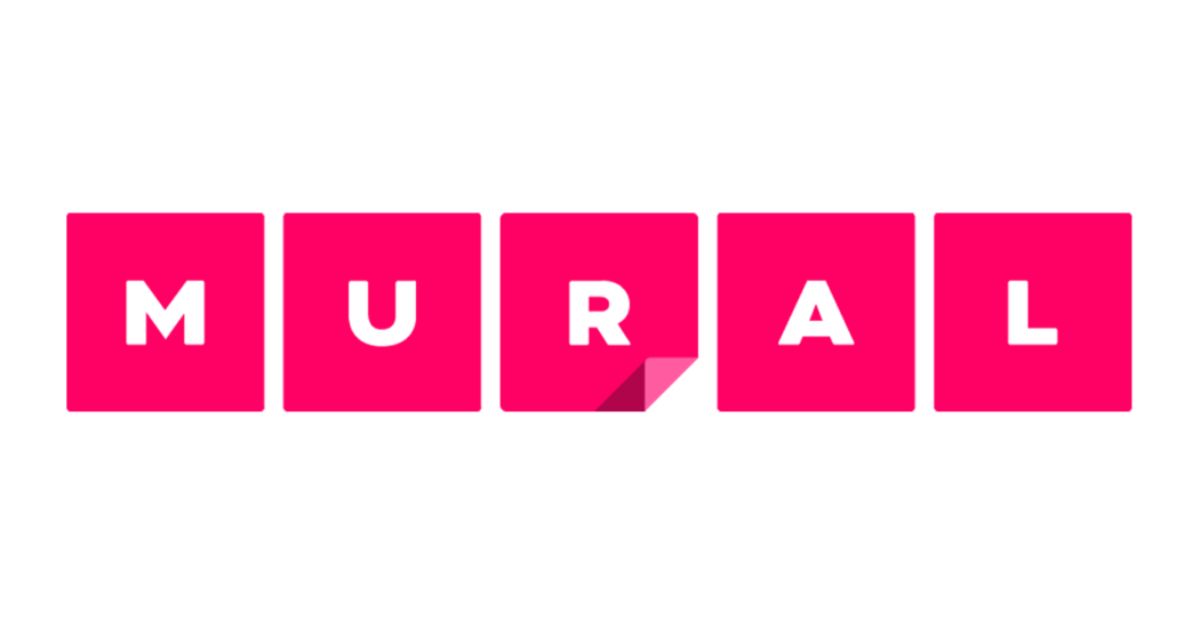
Mural is another popular DevOps tool that can play a major role in enhancing collaboration, streamlining work in real-time with different teams, and improving workflow.
Features of Mural as a DevOps tool.
● It provides frameworks, templates, and various other features to improve the outcome.
● It supports various browsers like Safari, Google Chrome, Edge, Firefox, and others.
● Mural drives faster innovation and visual collaboration.
● Teams can utilise Mural for conducting retrospectives and identify areas needed for improvement.
● It supports brainstorming sessions to generate innovative ideas to combat DevOps challenges.
Miro
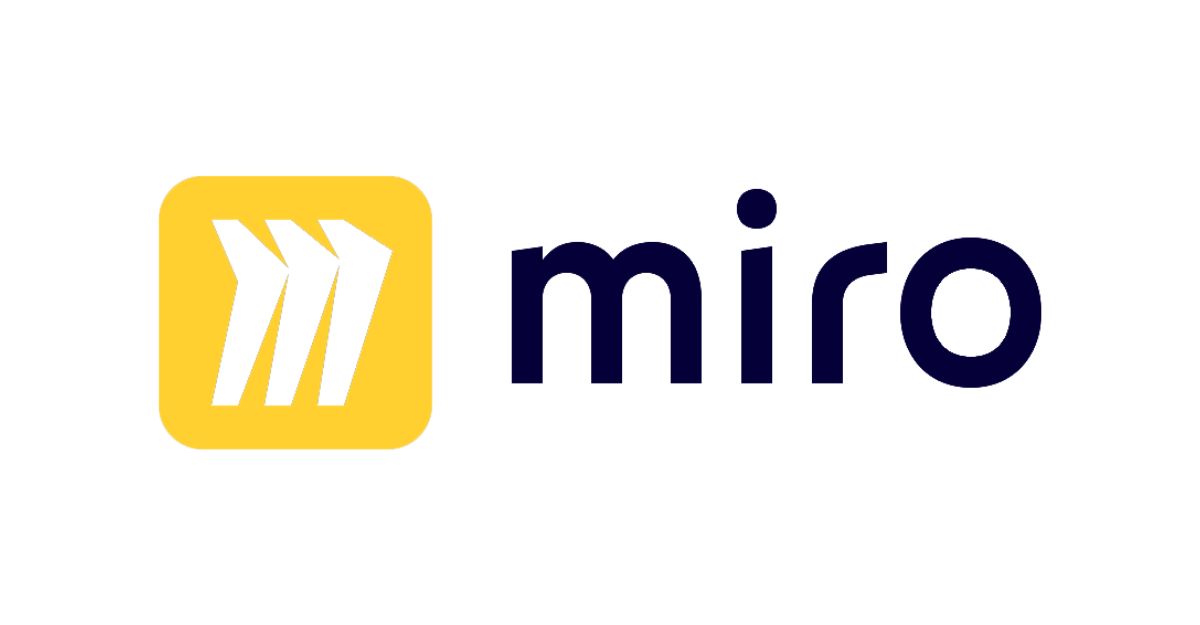
Unlike others, Miro is not just a traditional DevOps tool that helps in generating ideas and creating user story maps. It provides a digital canvas that helps in reflecting iterations and planning actions.
Crucial features of Miro.
● Your DevOps team can utilise Miro to generate new ideas and bring innovative solutions to fight challenges.
● It provides a board that can be used for documentation, process diagrams, and capturing decisions.
● Team members can efficiently work together in real-time which makes it best suitable for remote teams.
● Any changes made by team members are instantly visible and ensure that everyone has the latest information about the work.
Splunk
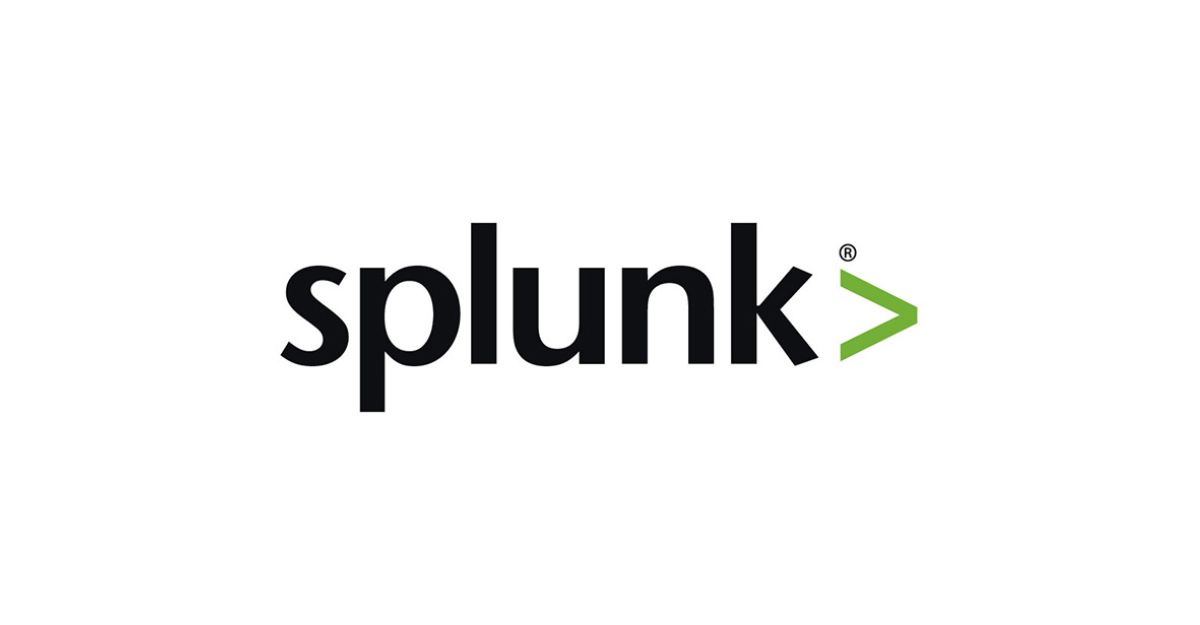
Another major DevOps tool is Splunk which is specifically designed to enhance accessibility of machine data for everyone. It is a highly popular choice among top software testing companies in India to achieve security and productivity.
Let’s know a few notable features of Splunk.
● It gives actionable insights along with detailed data-driven analytics on the generated data.
● Splunk is efficient in delivering a centralised view of the IT services.
● It can easily detect the impacted areas and anomalies.
● Splunk can generate various alerts based on the predefined conditions by sending notifications across various channels such as Slack, when any issue is detected.
Vagrant
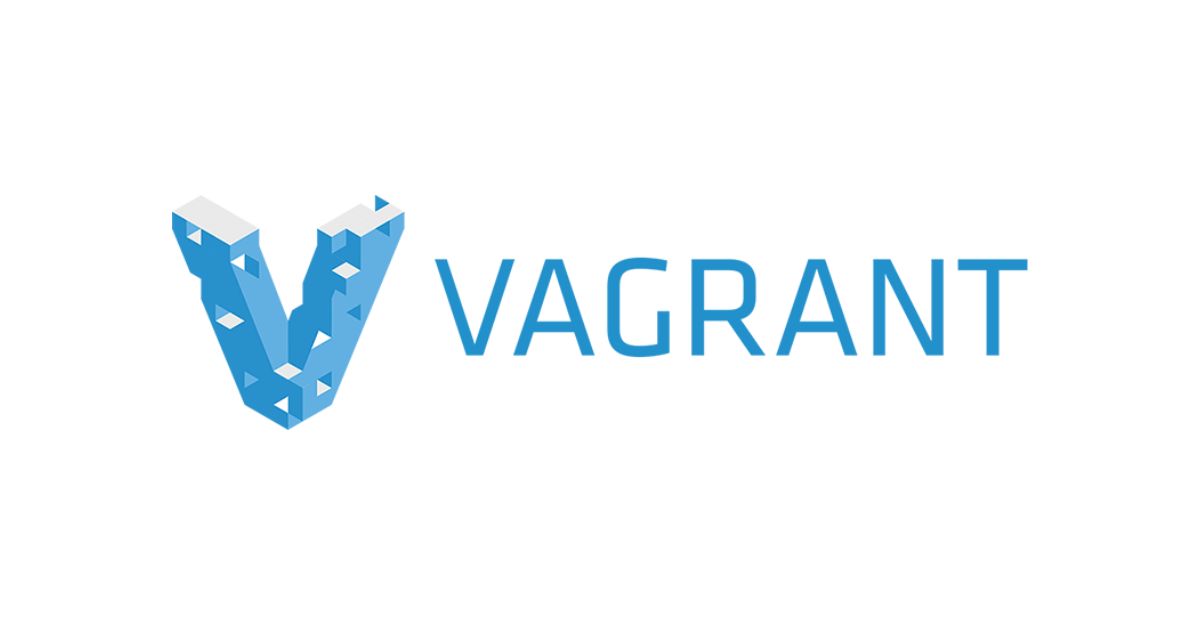
Vagrant is a crucial DevOps tool that can be integrated with other various management tools. It allows developers to create virtual environments in the same workflow.
Let’s have a look at the following features of Vagrant that you need to know.
● You can integrate Vagrant with other DevOps tools including Puppet, Chef, and Ansible.
● It allows your tool to work with various operating systems including Linux, Windows, and Mac.
● Users manage and define network configurations including private network, and port forwarding for VMs.
● It supports various virtualization providers including Hyper-V, VMware, and VirtualBox, to improve flexibility in selecting the best environment for the project.
Conclusion
Adopting the right combination of DevOps tools is a crucial step to optimise the software testing process. Carefully selecting and integrating the best tools in their DevOps pipeline will lead to reduced errors and improve quality for organisations to adapt to new toolsets to remain competitive in the world of Software Development.
The latest from our editors
Join over 150,000+ subscribers who get our best digital insights, strategies and tips delivered straight to their inbox.
